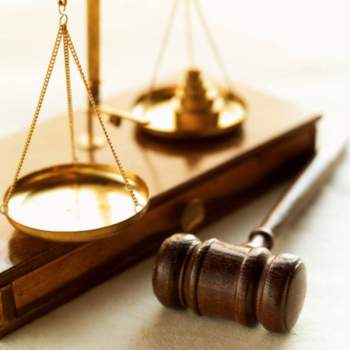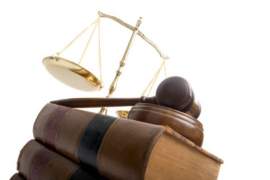
Jury Defined

A jury is the deciding body of a trial or legal dispute. The jury is sworn to uphold the ethics of the courtroom and the morals imposed by the United States Constitution. Juries convene to render an impartial verdict; they evaluate the evidence and intricacies of a case to distribute fact in regards to the decision of the case.
Juries consist of 12 individuals; the jury consists of everyday citizens who convene to overhear the cases made by both the defense team and the prosecution. Once both sides are heard, and all the evidence has been revealed the jury convenes to discuss the particulars of the case. If a unanimous decision is reached the jury will submit their decision to the judge overseeing the case. Following the decision, the judge will review the jury's verdict and attach a penalty or judgment to the verdict.
In modern law, juries are present in courts to judge whether an accused party is innocent or guilty of the convicted crime in question. As a result of the legal system's density, there are numerous types of juries. A petit jury, for example is the most common type of juror system in the United States. The petit jury hears the evidence in a trial as presented by both parties.
Upon hearing the evidence and the respective cases of the plaintiff and defendant, the petit jury retires to deliberate and review the facts presented in the case. When discussing the intricacies of the case, the petit jury must reach a verdict through a unanimous agreement. Although the requirements for 'unanimous' vary, the goal of the jury is to simply reach an accurate and fair judgment of the case in question.
NEXT: Grand Jury



















